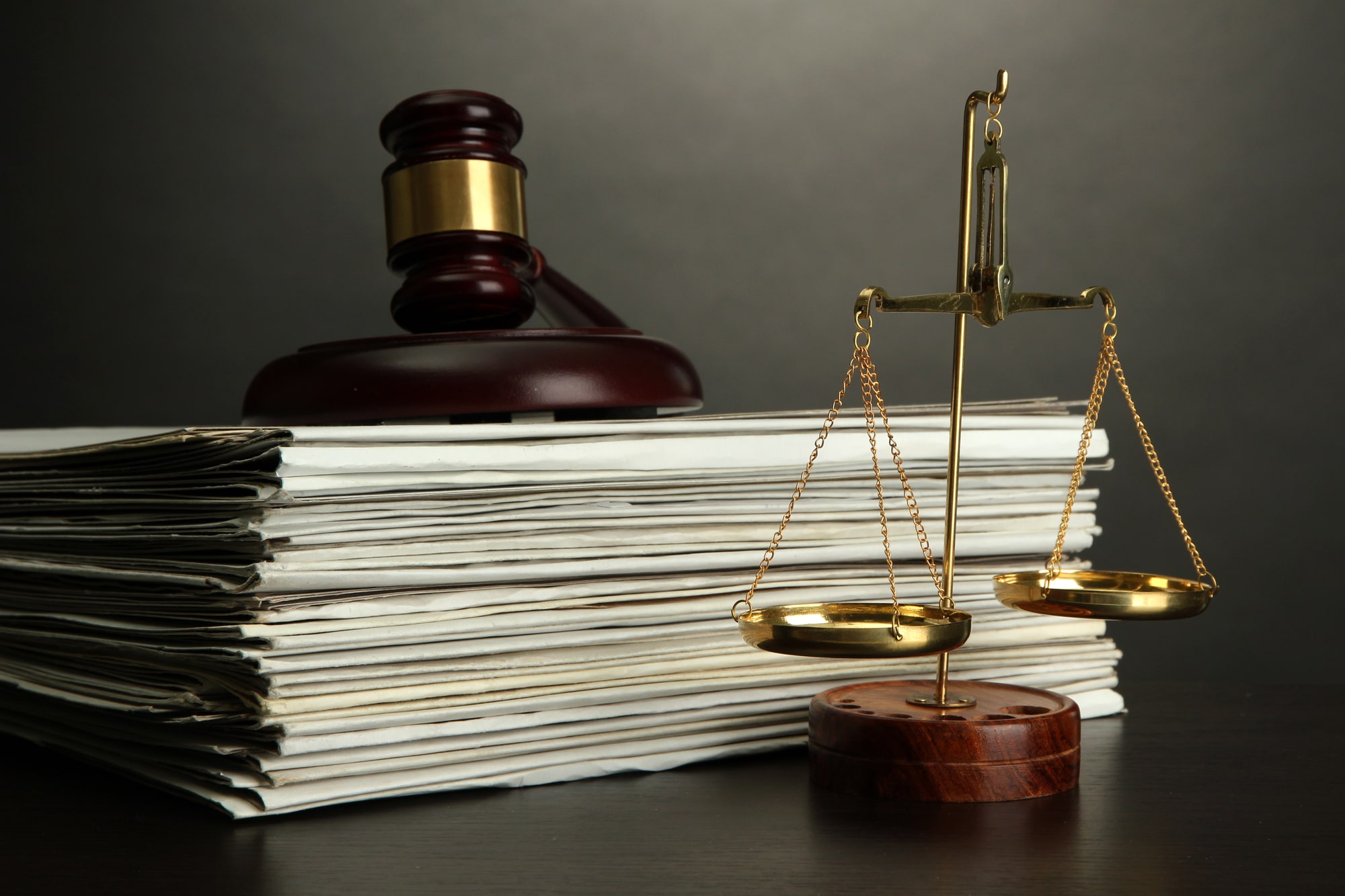Whistleblowers play a vital role in exposing wrongdoing, fraud, and unethical practices within organizations, government agencies, and corporations. However, coming forward as a whistleblower can be a daunting and risky endeavor. This is where experienced lawyers step in to protect whistleblowers and ensure their rights and interests are safeguarded throughout the legal process.
Legal Expertise
One of the primary roles of a lawyer in a whistleblower case is to provide expert legal guidance. They are well-versed in the complex web of laws and regulations that protect whistleblowers, such as the False Claims Act, Dodd-Frank Act, and Sarbanes-Oxley Act. Lawyers can help whistleblowers understand their rights and responsibilities, ensuring they make informed decisions.
Confidentiality
Maintaining confidentiality is crucial in whistleblower cases, as exposure can lead to retaliation by employers or colleagues. Lawyers can establish channels for whistleblowers to share information while protecting their identity. They can also advise on the use of anonymous reporting mechanisms when available.
Anti-Retaliation Protection
One of the most significant fears for whistleblowers is retaliation from their employers. Your lawyer, like a whistleblower lawyer from a law office such as Eric Siegel Law, plays a pivotal role in invoking anti-retaliation protections provided by various whistleblower laws. This includes pursuing legal action against employers who engage in retaliatory behavior, such as termination, demotion, or harassment.
Evidence Gathering
Lawyers help whistleblowers gather and preserve evidence to support their claims. They can guide whistleblowers in collecting documents, emails, and other relevant information that can be crucial in proving wrongdoing. Lawyers also know how to handle sensitive evidence to protect their clients from potential legal pitfalls.
Negotiating Settlements
Experienced lawyers can negotiate settlements on behalf of whistleblowers, ensuring they receive appropriate compensation for their efforts and any harm they may have suffered. Lawyers use their knowledge of the law and negotiation skills to secure the best possible outcomes for their clients.
Representing Whistleblowers in Court
When a whistleblower case goes to court, having a skilled lawyer is essential. Lawyers can represent whistleblowers during trials, presenting their case, cross-examining witnesses, and making legal arguments to support their claims. They are adept at navigating the courtroom and ensuring their clients’ voices are heard.
Providing Emotional Support
Whistleblowing can be emotionally taxing, given the potential for retaliation and the stress of legal proceedings. Lawyers not only provide legal support but also offer emotional support and guidance to whistleblowers throughout the process. They can help whistleblowers manage the anxiety and stress associated with their courageous actions.
Get Help For Your Whistleblower Case Today
Whistleblowers play a vital role in uncovering corruption, fraud, and unethical practices that harm individuals, organizations, and society at large. However, pursuing a whistleblower case can be fraught with challenges. Experienced lawyers are indispensable allies who protect whistleblowers at every step of the journey. They provide legal expertise, ensure confidentiality, invoke anti-retaliation protections, gather evidence, and represent whistleblowers in court.
Moreover, lawyers offer emotional support, helping whistleblowers navigate the complex and often emotionally draining process of exposing wrongdoing. If you would like to speak with a lawyer about your case, reach out to a trusted law firm near you now.


